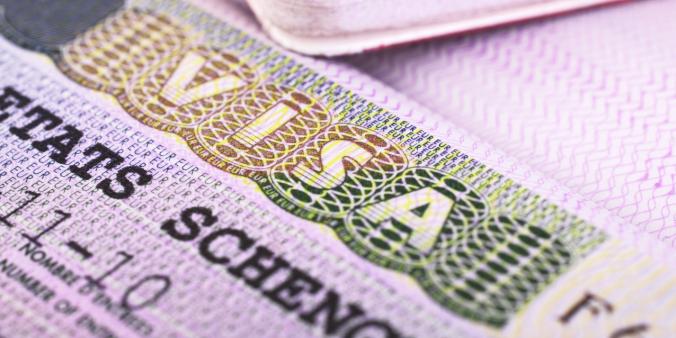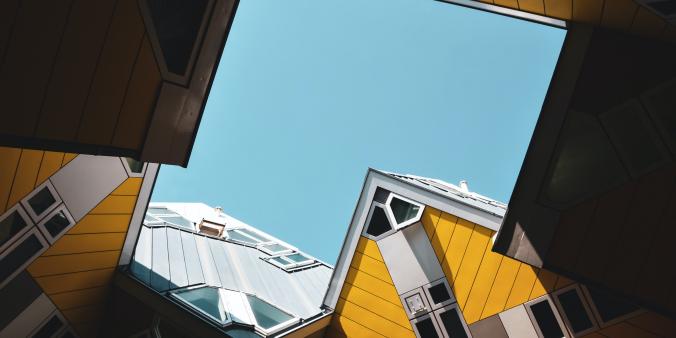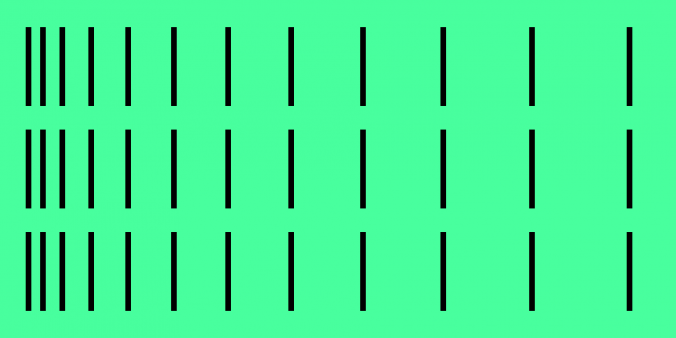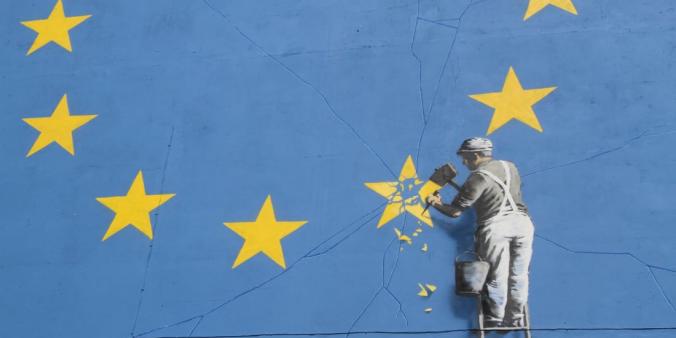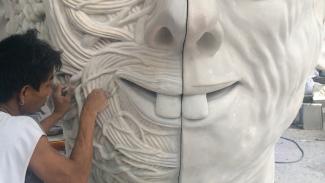
Whether you need a work- and/or residence permit as an artist in the Netherlands depends on: your nationality, the type and the duration of the work you are planning to do. The purpose of this text is to provide information to both individual makers and cultural organisations in the Netherlands that would like to include a non-EU national in a project. For settling in the Netherlands as a self-employed artist, please scroll down to the second half of this text.
Nationality
If you are citizen from one of the EU/EEA countries or Switzerland you can benefit from the right to freedom of movement of persons within the EU/EEA or Switzerland and settle as an economically active (employed or self-employed) or economically inactive citizen (on the basis of savings) in the Netherlands. You will be treated similar to a Dutch citizen and have full access to the labor market.
If you are a citizen from a country outside the EU/EEA + Switzerland you might need a visa, a work- and/or residence permit to work in the Netherlands. Please refer to this list of nationalities to find out if you do or do not need a Schengen visa to enter the Netherlands. If you do need a visa please check this page on our website for more information on how to apply. Non-EU citizens (both those that have a visa and those that don't need one) are allowed to stay in the Schengen area for 90 days within any 180 days.
The type and duration of work
If you are a non-EU citizen visiting the Netherlands you are allowed to take up:
-
short-term work up to 6 weeks: as an artist or musician, a structural companion of an artist or musician, as a visual artist, curator or restorer for a maximum of 6 consecutive weeks within a period of 13 weeks*;
-
short-term work up to 3 months: as an artist, musician, choreographer, artistic manager or director in these disciplines: dance, classical music, opera or (musical) theatre. The inviting organisation needs to apply for a permission to work / work permit (or tewerkstellingsvergunning (twv)) from the UWV. Minimum salary requirements apply. Please check this page on the website of the UWV to check if you meet all the requirements.**
If you are a non-EU citizen invited to participate in a project exceeding your permitted 90 days you will need a permission to work and a residence permit to take up:
-
long-term work: as an artist, musician, choreographer, artistic manager or director working in these disciplines: dance, classical music, opera, (musical) theatre or as a curator or restorer working for an organisation that is a member of the Museumvereniging. The inviting organisation can apply for a permission to work / work permit (or tewerkstellingsvergunning (twv)) and a residence permit in one go by applying for a Single Permit (or Gecombineerde Vergunning voor Verblijf en Arbeid (GVVA)). Minimum salary requirements apply. Please check this page on the website of the IND to check if you meet all the requirements.**
- Please note: if you are a non-EU citizen not already in the possession of a residence permit for the Netherlands, the inviting organisation will have to apply for a long-stay entry visa (Machtiging tot Voorlopig Verblijf (MVV)) and a permission to work- and residence permit at the same time. Check if you need an MVV here. You will be asked to collect the MVV at a Dutch embassy or consulate in your country of origin. This means that you cannot apply for this residence permit from inside the Netherlands.
* Please refer to article 4.3. lid 1 aanhef en onder b. Besluit uitvoering Wet arbeid vreemdelingen 2022 (in Dutch).
** Please refer to article 8.3.c.10-11 Bijlage I Regeling uitvoering Wet arbeid vreemdelingen 2022 (in Dutch).
Additional research and information is gathered and edited by Laurens Meijer at DutchCulture’s Mobility Info Point. If you have any questions please feel free to reach out to us via infopoint@dutchculture.nl.
Please be aware that although the information provided is gathered with utmost care this article cannot serve as a legal basis for any type of action and no rights can be derived from it.


